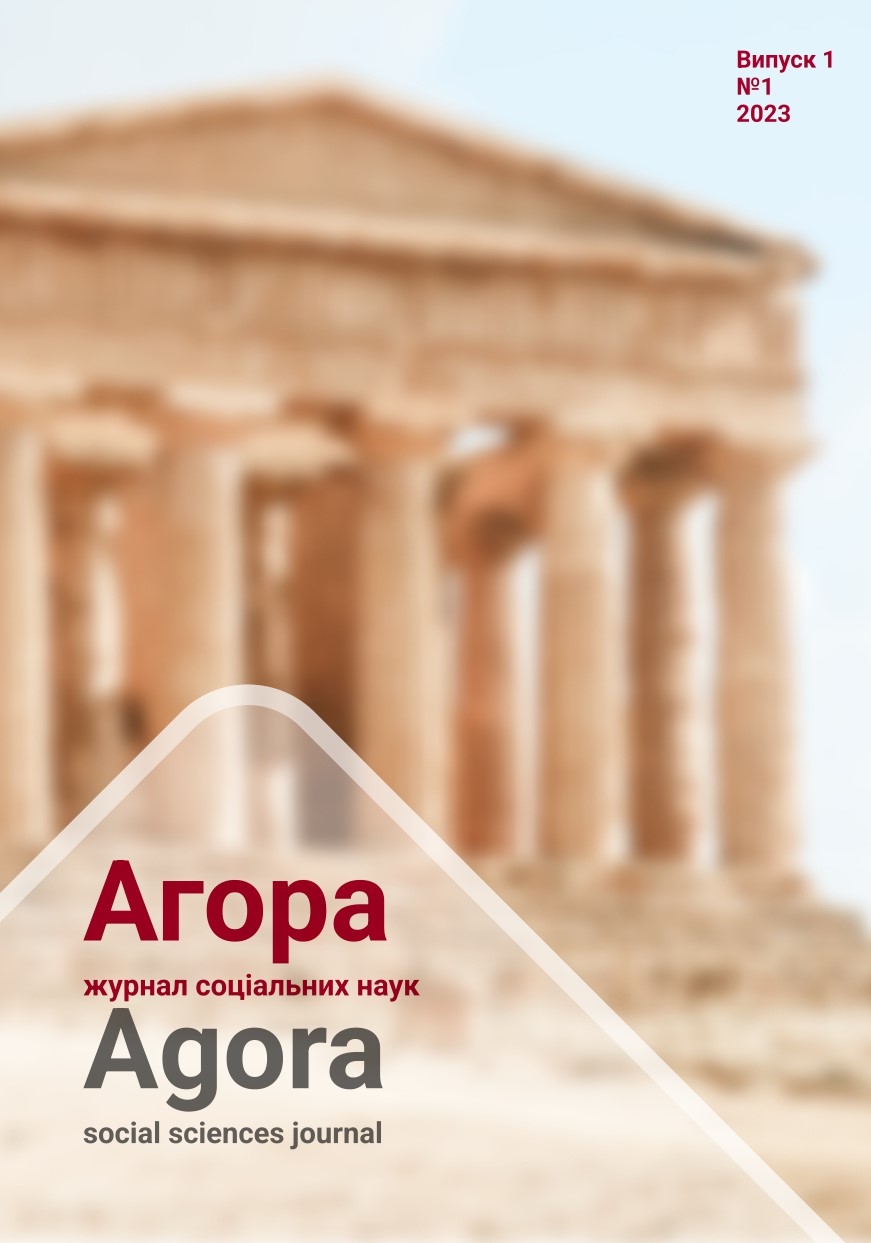Factors of Cohesion Among Factions in the Parliament of Ukraine (VIIІ, IX convocation)
DOI:
https://doi.org/10.25264/26.01.2023-1/1-7-28Keywords:
factional unity, cohesion, reform bills voting, informal networksAbstract
The research is based on studying of factional unanimity of the Ukrainian Parliament’s VIII and IX convocations and the factors that determine it. Also, described informal networks of cooperation between the deputies of each faction and deputy groups using graph theory. The data for the empirical part includes the results of the roll-call votes for the reformist bills and Hicks index. This index is used to determine which faction had the highest unanimity roll-call votes for the reformist bills. The theory was confirmed that level of factional unanimity depends on characteristics of the bills and on the decentralization in the factions. The factor of common interests of parliamentarians plays an important role, it is empirically confirmed that the business interest is a guide for some MPs during roll-call voting for the reformist bills. Also, it described the factors that were decisive in the period of the Ukrainian Parliament’s VIII and IX convocations the age of deputies, political experience, non-membership in FIGs, membership in the faction. The main results summarized the most important characteristics of parliamentarians, which influence to support the alternative “yes” during voting for reforms. The value of the results of the research also consists visualization of informal networks of each of the factions and parliamentary groups of VIII, and IX convocations.
Downloads
Published
Issue
Section
License

This work is licensed under a Creative Commons Attribution-NonCommercial 4.0 International License.





